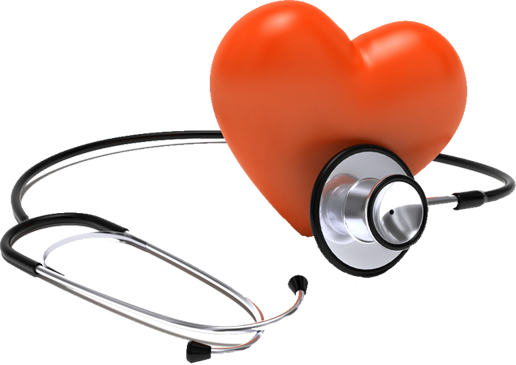Liver Diseases
Liver is an important organ which is essential for digesting food and eliminating toxic substances from our body. There are a variety of factors responsible for liver problems. Genetic factors, excess alcohol, viruses, drugs may severely affect the liver functioning. Untreated liver disease may lead to liver failure, which is a life - threatening condition.
Liver disease may result from:
- Viral infections: Hepatitis A, hepatitis B and hepatitis C are diseases caused by a viral infection.
- Problems with your immune system: When your immune system mistakenly attacks your liver, it can cause autoimmune liver diseases. These include primary biliary cholangitis and autoimmune hepatitis.
- Inherited diseases: Some liver problems develop because of a genetic condition (one you inherit from your parents). Inherited liver diseases include Wilson
- Cancer: When abnormal cells multiply in your liver, you may develop tumors. These tumors may be benign (noncancerous) or malignant (liver cancer).
- Consuming too many toxins: Alcoholic fatty liver disease is the result of misusing alcohol. Nonalcoholic fatty liver disease (NAFLD) results from consuming too much fat. NAFLD is becoming more common as rates of obesity and diabetes rise.
PREVENTION
Can liver disease be prevented?
You can take steps to prevent some types of liver disease — especially those affected by your diet and lifestyle. If you are at risk for liver disease, your provider may recommend lifestyle changes including:
Avoiding or limiting alcohol.
Avoiding foods and drinks that contain trans fats or high-fructose corn syrup.
Carefully manage your intake of prescription and over-the-counter medications to avoid liver damage, as medications like acetaminophen are a common cause of liver injury.
Getting regular exercise.
Limiting consumption of red meat.
You can minimize the likelihood of contracting viral hepatitis by practicing safe sex and not sharing needles.
When you should consult your physician?
You should call your healthcare provider if you experience:
- Changes in the color of your urine or stool.
- Jaundice or yellowing of your eyes.
- Pain in the upper right side of your abdomen.
- Swelling in your arms or legs. #DrNitishSays #DrNitish
Need an appointment?
APPOINTMENT NOW
